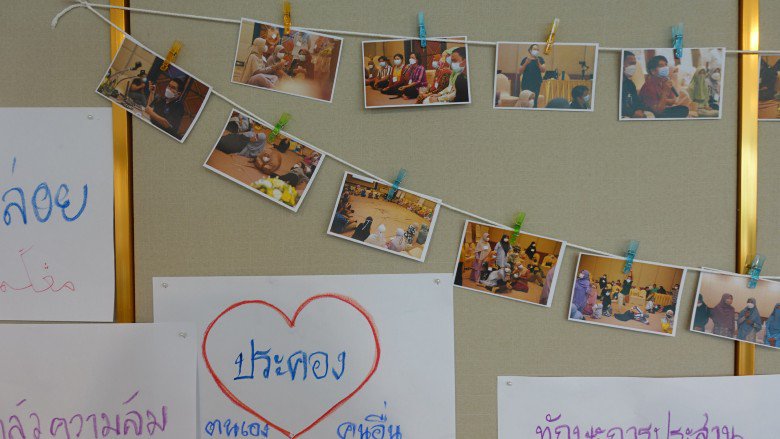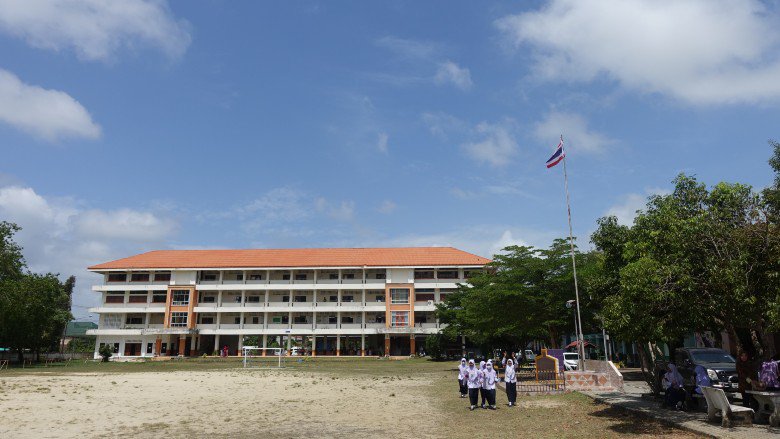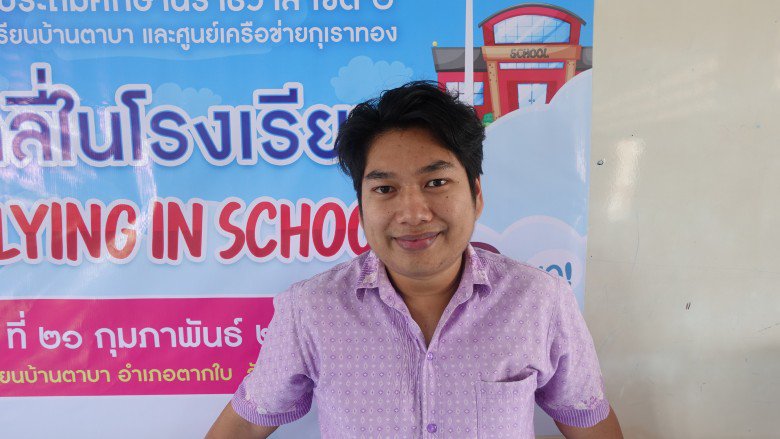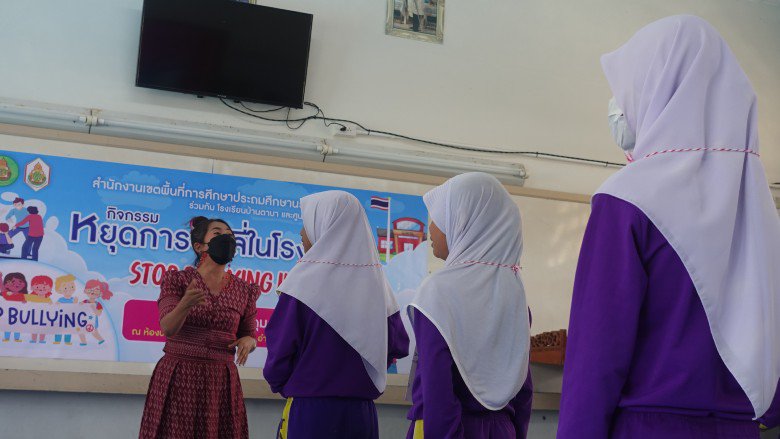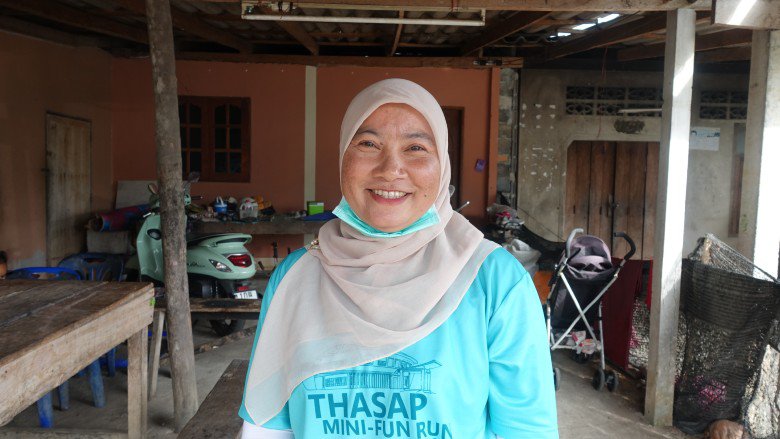For communities in the Deep South of Thailand, conflict has resonated through generations. In this region, particularly in the provinces of Narathiwat, Pattani, Yala, and select districts in Songkhla, over 7,000 people have lost their lives, and more than 3,000 children have been orphaned since January 2004. This unrest has shaped at least two generations, resulting in visible turmoil and unseen psychological wounds, such as PTSD and depression.
Suchart Setthamalinee, a Human Rights Commissioner, highlighted the unique cultural challenges surrounding mental health in the region. ¡°Culturally in the South, disabilities are seen as a punishment from God. People do not want to be connected to any form of disability,¡± he said, indicating that this stigma can often lead to the concealment of individuals with mental health issues.
¡°Exposure to conflict and violence without access to critical supportive services can quickly erode a child¡¯s development and basic rights. There has been no systematic assessment of the prevalence of psychological trauma in the Deep South and there are no mental health hospitals in Narathiwat, Pattani, and Yala,¡± said Suchart. ¡°Education on human rights, child rights, and disability rights is therefore an integrated step toward sustainable peace for these affected populations and communities. Many of these community members are not aware of their own rights.¡±
To address these deep-seated issues, the World Bank, through a grant from the Human Rights, Inclusion, and Empowerment Trust Fund (HRIETF), supported the Thai Health Academy, National Human Rights Commission of Thailand, and other stakeholders in launching a training of trainers (TOT) program that aimed to strengthen skills within the communities to promote resilience, mental health, and human rights.
The training program was developed in collaboration with a diverse range of stakeholders, from government representatives to directly impacted families, ensuring the curriculum was relevant to the local context. The outcome was a comprehensive curriculum split into four modules, delivered through a series of workshops across a six-month period in 2022. The clear feedback from the first cohort emphasized the significance of trust in the peace-building process.
Dr. Nantawat Sitdhiraksa, a psychiatrist and Director of Thai Health Academy, who was instrumental in shaping the curriculum, reiterated this sentiment: "Without trust, nothing can be done in the Deep South. People crave help but grapple with knowing whom to trust." In light of this, the Thai Health Academy recognized the need for communities to be active participants, instilling a sense of trust and assurance that both they and their children would directly benefit from the program.
Integral to the curriculum were community visits, giving participants the opportunity to assume leadership roles, disseminating the curriculum's knowledge to more community members. These visits not only served to reinforce the lessons but also highlighted the benefits of tools like play therapy for children.
Furthermore, the curriculum championed experience sharing as a crucial trust-building method. It aimed to foster a genuine connection between service providers, whether from the government or civil society, and those affected by the ongoing conflict and violence.
